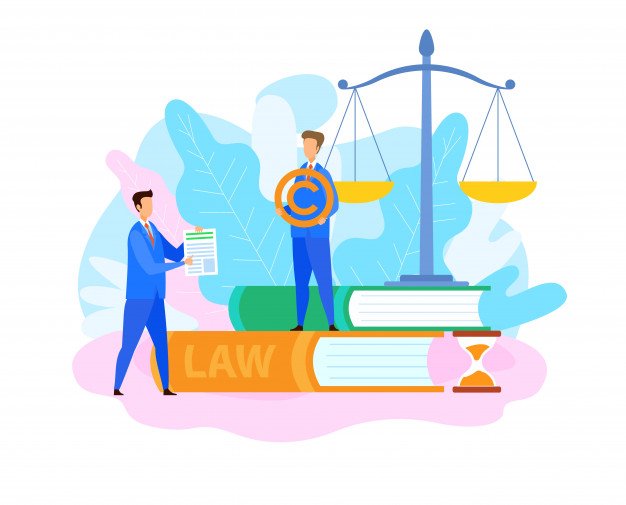Leading sources of reliable news can help you understand what’s going on in the world and when, but leading sources of immigration news can help you know when you need to update your Visa, or when you might consider one Visa over another. Using well-known immigration lawyers means you can get information on how to extend spouse visa applications or hearings, or what you need to do to extend spouse visa deadlines.
Do I need a consultation?

If you need to get legal advice for an immigration matter, it always starts with a patient. A consultation is a primary interaction you will have with a law firm. This is an opportunity for you both to evaluate the situation and determine if it is a good fit. The consultation is where you can discuss different aspects of your case.
Most law firms make it very easy for you to set up a consultation. When you are looking at their website you might easily see buttons that allow you to click on them in order to facilitate consultation. They might even have a phone number you can call.
Consultations typically last about 30 minutes. Most experienced immigration attorneys will charge anywhere between $100 and $300 for the consultation during which time you can get rudimentary legal advice.
In very minor cases that consultation might be all you need and the information you get can be completely sufficient. In more complex cases of course you might need to pursue help from a qualified attorney and the consultations will let you know which attorney you should pick in the end to be your legal representation.
What do I have to bring to a consultation?
When you head to your consultation you should bring any materials that are relevant to your situation. This might include criminal history documents, immigration documents, visas or passports, a green card if you have it, marriage certificates, and so on.
In order to make sure that your limited time together is used wisely, all relevant materials should be labeled in folders that make it easy for one attorney to flip through them during the course of your meeting.
You might divide it by the type of document with proper labels or by the time frame. It’s completely up to you how to organize it, it’s just important that you do organize it so that your attorney isn’t constantly flipping through a stack of papers during your limited time.
What questions should I ask during a consultation?
During the course of your consultation, you want to note right out of the gate that no qualified attorney will make you promises or guarantees for a specific outcome. In fact, it’s against the bar for them to promise that they will get you a green card or guarantee that they will get you the Visa you want.
A good attorney will immediately go over your situation and give you a healthy perspective as to what problems you might face and what to expect moving forward.
Use this time to ask questions about the law firm and the attorneys, and what their qualifications are especially in relation to your case. You can ask questions like:
- What are your current qualifications?
- Who else will be a part of my team and what are their qualifications?
- How much do you charge and what is your payment plan policy?
- What is included in the flat fee?
- How many people at your Law Firm speak my language?
- Have you taken on cases similar to this and if so what was the outcome?
- Are there other areas of law you practice?
- Do you have any previous clients with whom I can speak?
How do I choose an attorney after the consultation?
After you have completed consultations with multiple attorneys, take some time to reflect. Consider whether you felt the attorneys with whom you met were honest. In most cases, if you have consultations with a handful of attorneys, the information they give you about your case should be somewhat similar. If one particular turning gave you information that was wildly different from the others, they might not be a good choice.
Go over whether the attorneys gave you upfront information about the strategy they’re going to use in your situation. Review whether they were open about previous cases and willing to share their credentials with you. If you don’t speak the same language, it’s going to be important that the law firm you consider is multilingual and has someone who can translate for you.
Read Also:























